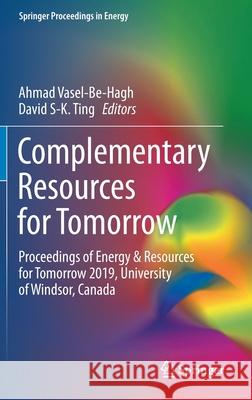Complementary Resources for Tomorrow: Proceedings of Energy & Resources for Tomorrow 2019, University of Windsor, Canada » książka
topmenu
Complementary Resources for Tomorrow: Proceedings of Energy & Resources for Tomorrow 2019, University of Windsor, Canada
ISBN-13: 9783030388034 / Angielski / Twarda / 2020 / 250 str.
Complementary Resources for Tomorrow: Proceedings of Energy & Resources for Tomorrow 2019, University of Windsor, Canada
ISBN-13: 9783030388034 / Angielski / Twarda / 2020 / 250 str.
cena 385,52 zł
(netto: 367,16 VAT: 5%)
Najniższa cena z 30 dni: 382,84 zł
(netto: 367,16 VAT: 5%)
Najniższa cena z 30 dni: 382,84 zł
Termin realizacji zamówienia:
ok. 20 dni roboczych.
ok. 20 dni roboczych.
Darmowa dostawa!
Kategorie:
Kategorie BISAC:
Wydawca:
Springer
Seria wydawnicza:
Język:
Angielski
ISBN-13:
9783030388034
Rok wydania:
2020
Dostępne języki:
Numer serii:
000481237
Ilość stron:
250
Waga:
0.54 kg
Wymiary:
23.39 x 15.6 x 1.6
Oprawa:
Twarda
Dodatkowe informacje:
Wydanie ilustrowane











